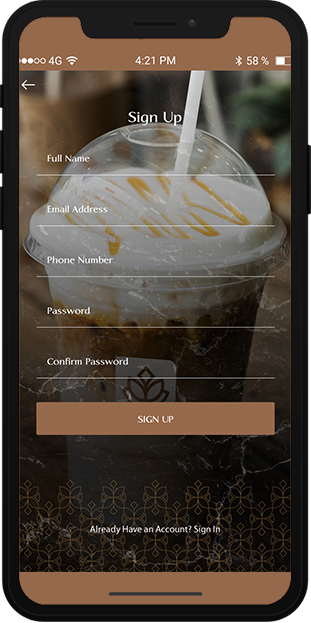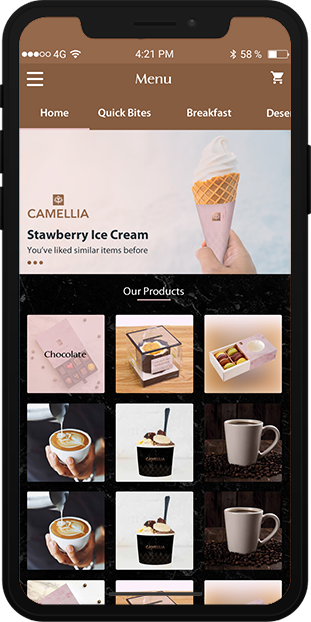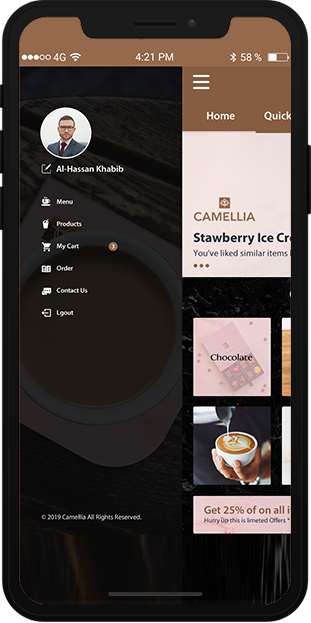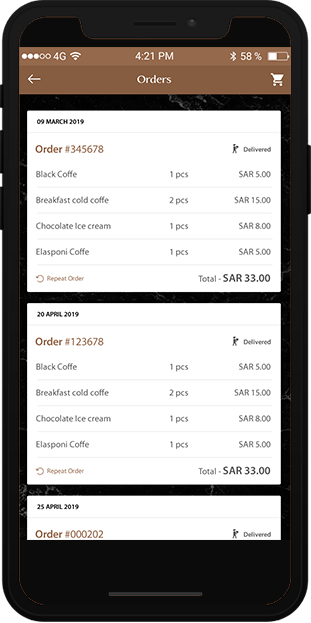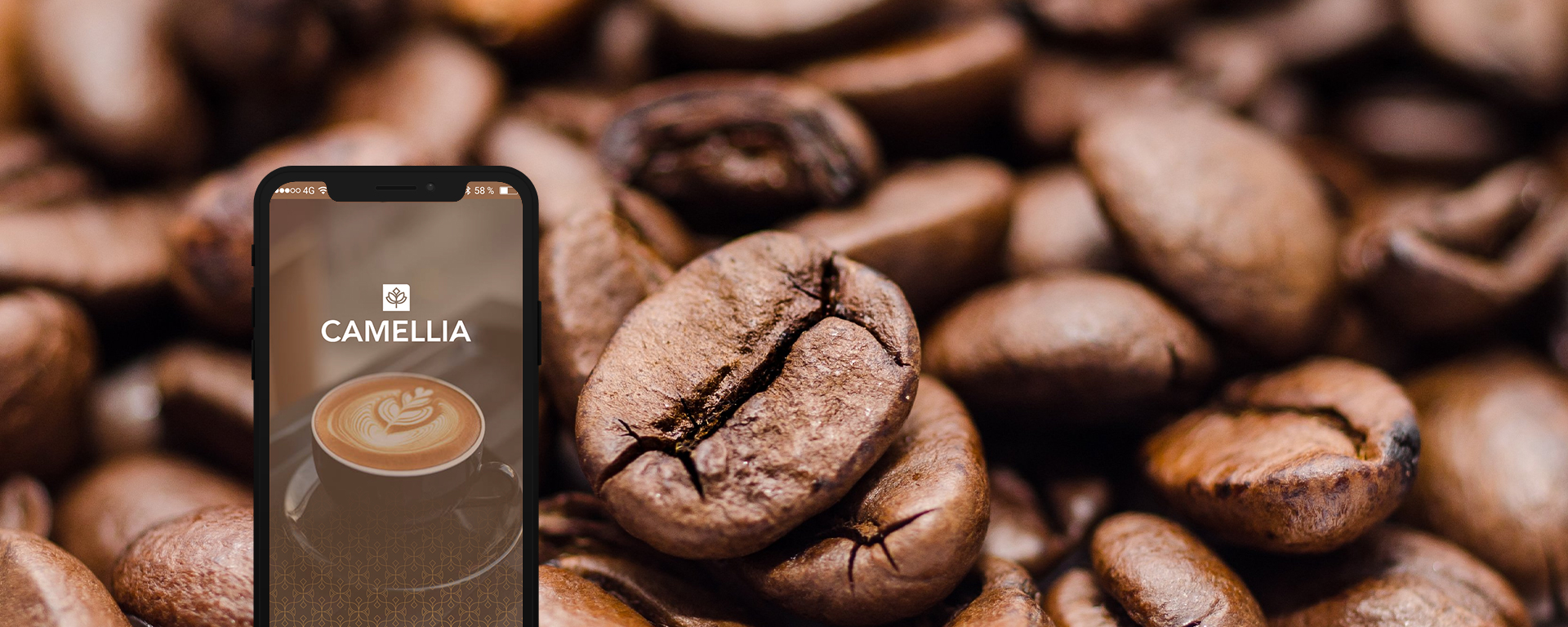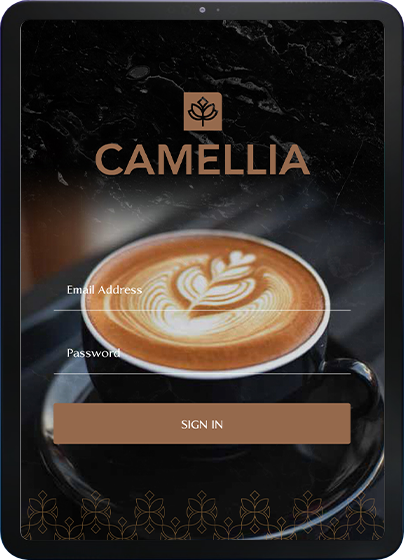What were the project challenges?
During the development of the Camellia project, several key challenges were encountered across various elements:
- Integration Complexity: One challenge was integrating the table booking and e-commerce functionalities seamlessly within the app. Ensuring smooth communication between different modules while maintaining user experience was critical.
- User Interface Design: Designing an intuitive and user-friendly interface that catered to both table booking and e-commerce was challenging. Balancing aesthetics with functionality to enhance usability required meticulous planning and iteration.
- Payment Gateway Integration: Implementing secure and reliable payment gateway integration for e-commerce transactions posed a significant challenge. Ensuring data security and handling payment processing complexities were key considerations.
- Real-time Updates: Keeping information such as table availability and product inventory up-to-date in real-time was challenging. Implementing efficient data synchronization mechanisms to reflect changes instantly to users was crucial.
- Performance Optimization: Managing app performance, especially during peak usage times, was a challenge. Optimizing the app to handle concurrent table bookings and e-commerce transactions efficiently without compromising speed and responsiveness required thorough optimization techniques.
What was the development process?
- The development process of the Camellia project followed a structured approach aimed at delivering a robust and user-friendly Coffee Table Booking App with integrated e-commerce capabilities. Here are the key steps involved in the development process:
- Requirement Gathering: The project team gathered detailed requirements by collaborating closely with stakeholders to understand the objectives, functionalities, and target audience of the app.
- Planning and Design: Based on the gathered requirements, the team formulated a comprehensive plan outlining the app’s architecture, features, user flows, and wireframes. User interface (UI) and user experience (UX) designs were created to visualize the app’s look and feel.
- Development Iterations: The development process followed iterative cycles, with each cycle focusing on implementing specific features and functionalities. Agile methodologies were adopted to promote flexibility and responsiveness to changing requirements.
- Backend and Frontend Development: The development team worked on building the backend infrastructure, including databases, APIs, and server-side logic. Concurrently, frontend developers crafted the user interface using modern frameworks and technologies to ensure responsiveness and interactivity.
- Integration and Testing: As development progressed, continuous integration and testing were conducted to identify and resolve issues early. Integration of table booking, e-commerce, payment gateways, and other modules was thoroughly tested to ensure seamless functionality.
- Quality Assurance (QA): Dedicated QA engineers conducted comprehensive testing, including functional testing, usability testing, performance testing, and security testing. Bugs and issues were identified, prioritized, and resolved promptly.
- Deployment and Launch: Once development and testing were complete, the app was deployed to production servers. The launch process involved monitoring and optimizing app performance to ensure a smooth and successful launch.
- Post-launch Support and Maintenance: After the app’s launch, ongoing support and maintenance activities were carried out to address user feedback, implement updates, and ensure the app’s continued reliability and scalability.
What are the solution and the results?
The solutions and results achieved with the development of the Camellia project are as follows:
Results Achieved:
- Improved Customer Engagement: The integrated platform has led to improved customer engagement, with users seamlessly transitioning between booking services and making purchases within the same app.
- Increased Revenue Opportunities: The e-commerce component has opened new revenue streams for cafes and coffee shops, allowing them to sell products directly to customers through the app.
- Enhanced Operational Efficiency: Camellia has improved operational efficiency for businesses by automating booking processes, reducing manual efforts, and streamlining inventory management.
- Positive User Feedback: The app has received positive feedback from users for its convenience, reliability, and comprehensive offerings, contributing to enhanced brand reputation and customer loyalty.
- Business Growth: With Camellia, businesses in the coffee industry have experienced growth in customer acquisition and retention, driving overall business expansion and market presence.
Conclusion
The seamless integration of table booking and e-commerce functionalities has improved customer engagement, operational efficiency, and revenue opportunities for cafes and coffee shops. The intuitive user interface, secure payment integration, and real-time updates have enhanced user satisfaction and contributed to positive feedback from the community.
Overall, Camellia represents a successful example of leveraging technology to innovate and elevate the coffee experience, demonstrating the potential of mobile applications in transforming industry practices and customer interactions. As the coffee industry continues to evolve, Camellia stands as a testament to the value of tailored digital solutions in driving business growth and customer satisfaction.

